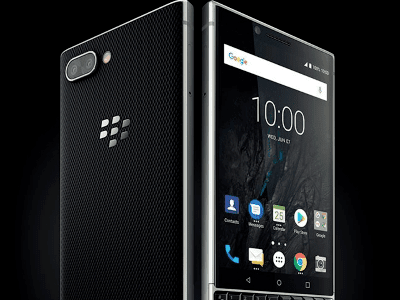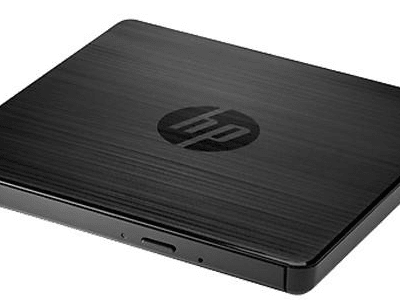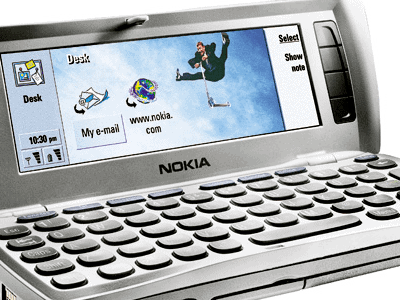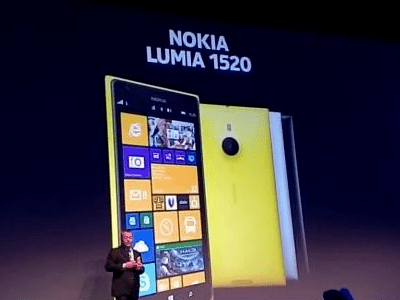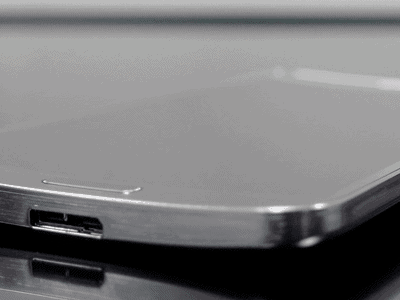The curious case of Blackberry
Share This Post
A year ago RIM (now Blackberry) was one of the most discussed smartphone vendors, thanks to the much hyped launch of the BB10 OS on Jan 30th 2013. After the launch there were many discussions in the tech community about the shifting smartphone ecosystem and the chances of Blackberry’s survival.
One year on nothing much has changed, the same discussions about the chances of survival still haunt the company, and I think BlackBerry itself is to blame. A lot happened to BlackBerry last year – the change of name, slow adoption of Z10, a change in management, the launch of BBM for Android and iOS, an aborted buyout and an investment by a partner .The key thing missing was the launch of significant number of devices and the only thing which remained consistent was its falling smartphone market share and declining revenue.

On the positive side Blackberry is still considered as the best when it comes to security for enterprise mobility management and remains a mobile device management leader with global enterprise customer base exceeding 80,000.It has close to 100 million BBM active users including the multi platform users. Below is my brief analysis of various business services within the company.
- Enterprise services: The rise of Blackberry was attributed to its strong hold in enterprises, thanks to its gold standard security feature. Still today I think enterprise remains the strongest fort of the company and it needs to hold it from the fierce competition emerging in the space. In the recent quarter it has seen increasing penetration of Blackberry Enterprise Service 10 (BES 10) with over 30,000 commercial and test servers installed till date and a global enterprise customer base of 80,000.In India , it has recently announced that around 1,000 companies have either adopted or tested BES 10 since its launch last year. I think the key positioning the company has to do here is to press hard the fact that an enterprise can still be a Blackberry enterprise customer even if it has an installed base of Android or iOS smartphones in their enterprise.
- Messaging:- Messaging remains one of the popular customer centric service by Blackberry and still has lot of ardent followers. Though it is facing extremely tough competition from OTT rivals, Blackberry has close to 100 million users thanks to its decision to open up BBM to other platforms like iOS and Android .The service will now come up preinstalled on LG phones, which will increase its userbase. But the decision to open BBM for other platforms remains a debatable topic and can act as a double edge sword. On one hand it might lose the sale of devices from the users who buy exclusively for BBM, while on the other hand the decision might prove favorable if it effectively monetizes the installed userbase.
- Devices:- This is one major area of worry .The company is losing its market share relatively fast to its competitors. It now has a global market share range of around 1.8% to 2.2%, down from a peak of 40%. The company is even losing market share in the countries which were its strongholds two or three year’s back, due to the rise of local players and high end offerings from tier one vendors. In Indonesia it has been recently replaced by Evercoss, a local handset player, at the number two position. The scenario is no different in India and Africa, where local players like Micromax and Tecno have changed the smartphone market standings. To recover, BlackBerry should focus on the emerging markets and device a different strategy for different markets. On the positive side , BlackBerry recently entered a five-year joint device development and manufacturing agreement with Foxconn, focused initially on developing a consumer smartphone for Indonesia and other fast-growing markets in early 2014.This can be seen a well drafted move when it comes to smartphone segment
To sum things up, I think the declining smartphone market share is due to the inability of the company to catch up with the ever changing smartphone ecosystem and slow pace of innovation within company which is distracted by exploring too many strategic alternatives. The vendor should go back to basics, exploring its key strengths and come back strongly.
Fairfax Financial’s recent $1 billion investment in BlackBerry and subsequent decision to buy another $250 million worth of BlackBerry debt have certainly boosted the vendor’s financials. I hope it will put the proceeds in the right direction, and not invest more in the areas which will end up confusing the company and its followers.




